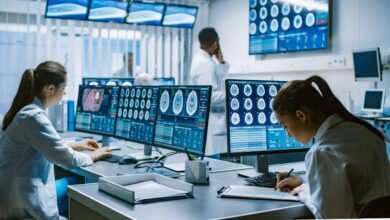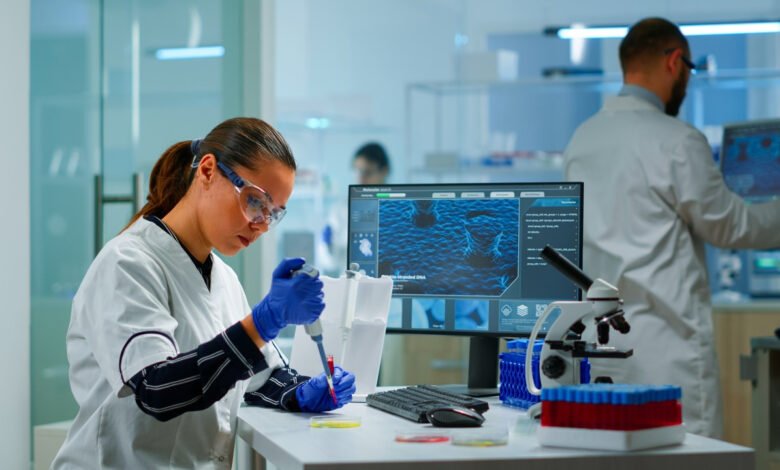
Embarking on a Lab Technician Career Guide unveils a journey of scientific exploration and healthcare contribution. In this section, we provide an illuminating overview of lab technicians’ pivotal role in the diagnostic landscape.
From conducting crucial tests to aiding in patient care, Lab Technician Career Guide significance within the healthcare industry is underscored. This introduction serves as a gateway to the intricate world of lab technology, outlining the profession’s importance, its impact on accurate diagnoses, and the broader implications for the well-being of individuals. Aspiring lab technicians are invited to explore this foundational overview of their potential career path.
Educational Requirements
Meeting specific educational prerequisites is paramount to starting a successful journey toward becoming a lab technician. Typically, individuals aspiring to enter this field pursue degrees in medical laboratory technology or related disciplines.
These academic pursuits lay the foundation for comprehensive laboratory procedures and techniques knowledge. In addition to formal education, practical training programs and internships further refine the skills necessary for this role. Certification and licensing processes often follow, solidifying the educational foundation and ensuring that aspiring lab technicians are well-equipped to contribute effectively to the healthcare sector. Academic requirements serve as the cornerstone for a fulfilling career in this dynamic profession
.
Skills Needed for Success
Success as a lab technician hinges on a unique blend of specialized skills crucial for precise and efficient laboratory operations. Attention to detail is paramount, ensuring accurate observations and measurements.
Analytical skills are pivotal in interpreting complex data, while practical communication abilities foster collaboration with healthcare professionals. This skill set, encompassing technical proficiency and interpersonal finesse, is indispensable for navigating the profession’s challenges. Lab technicians adept in these skills ensure the reliability of diagnostic results and contribute significantly to the seamless functioning of the healthcare system.
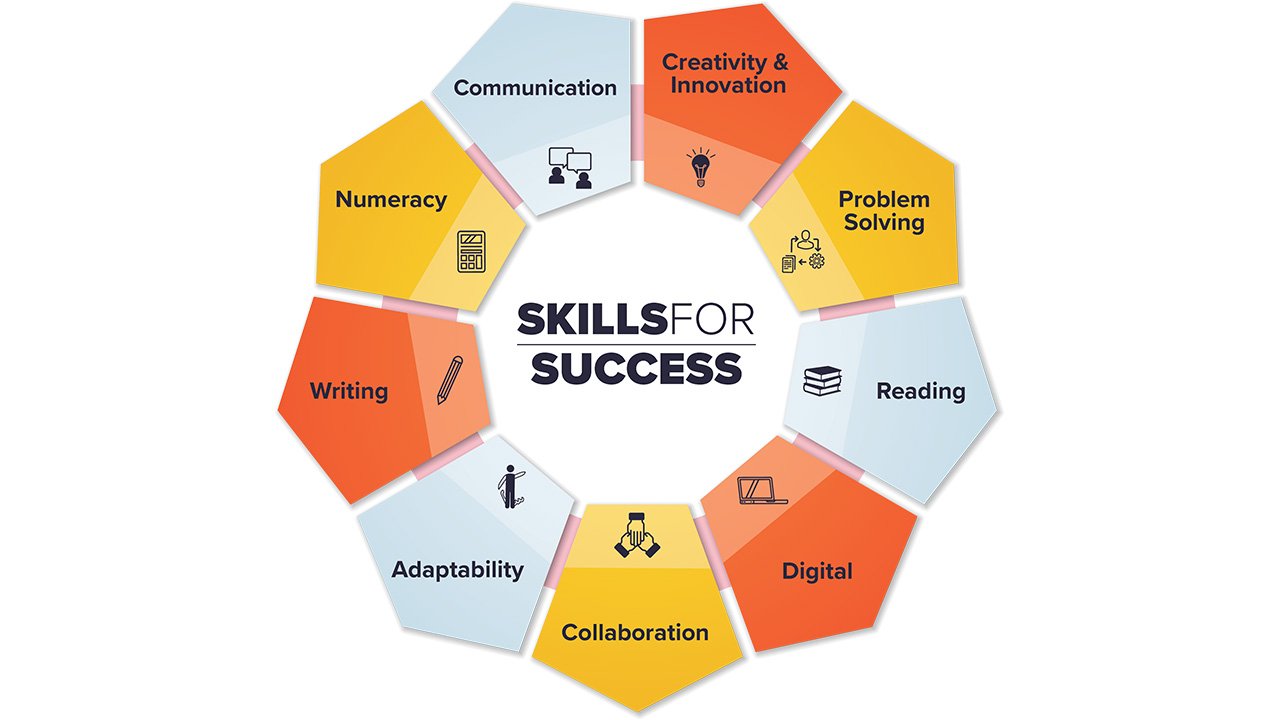
Steps to Become a Lab Technician
Becoming a lab technician involves strategic steps that culminate in a rewarding career. Prospective individuals typically start by pursuing relevant education in medical laboratory technology or related fields. Practical experience gained through internships or entry-level positions is a crucial next step.
The final stride involves obtaining essential certifications, such as the Medical Laboratory Scientist (MLS) certification. This structured approach ensures aspiring lab technicians are academically equipped and possess the practical skills and credentials needed to excel in their dynamic roles within the healthcare sector.
Job Opportunities for Lab Technicians
Lab technicians enjoy a diverse array of career prospects across various healthcare settings. Hospitals, clinics, research laboratories, and pharmaceutical companies present opportunities for these professionals to make meaningful contributions.
The field offers stability and avenues for career growth, competitive salaries, and comprehensive benefits. Lab technicians play an integral role in the healthcare system, and the abundance of job opportunities underscores the significance of their work. This section explores the wide-ranging possibilities that await individuals pursuing a career in laboratory technology.
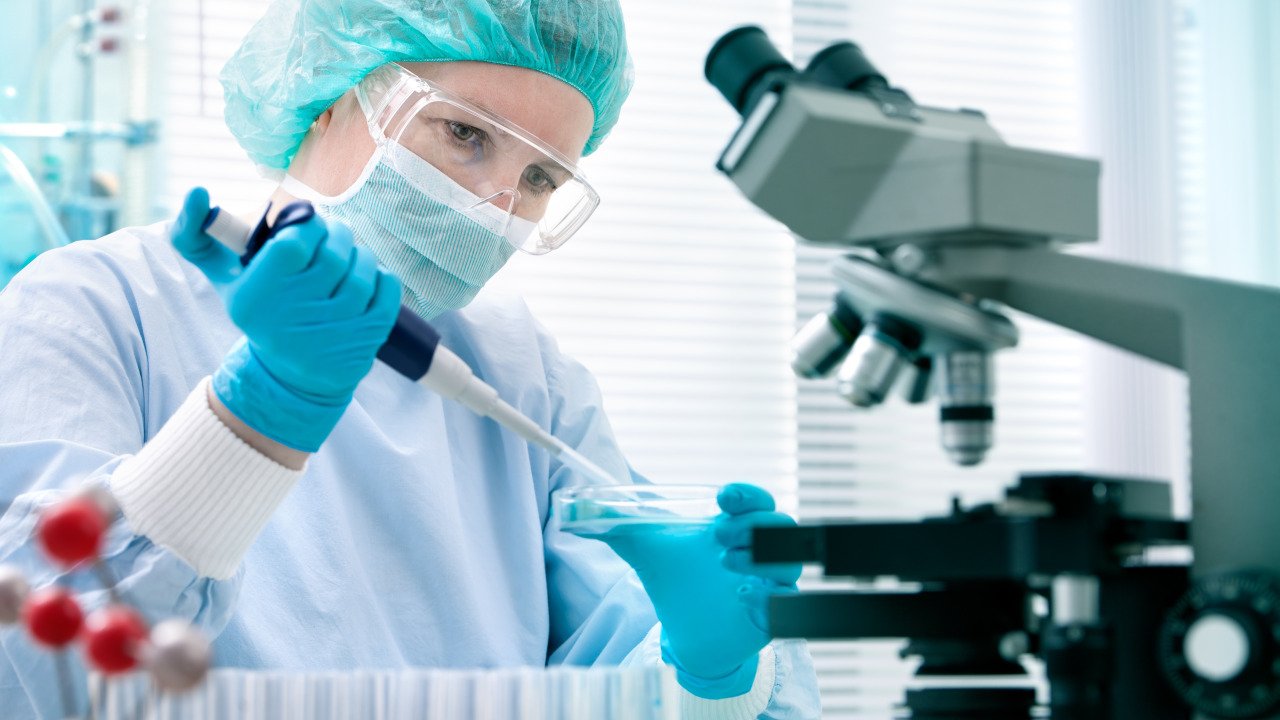
A Day in the Life of a Lab Technician
A dynamic blend of precision and responsibility marks the routine of a lab technician. Daily tasks encompass sample analysis, meticulous documentation, and ensuring the maintenance of laboratory equipment. Despite the detail-oriented nature of their work, lab technicians find fulfillment in contributing to accurate diagnoses and effective patient care.
Challenges may arise, but the rewards of positively impacting healthcare outcomes make the profession deeply satisfying. section provides an insightful glimpse into lab technicians’ daily experiences and responsibilities.
Advancements in Lab Technology
The landscape of lab technology is continuously evolving, marked by groundbreaking advancements that redefine diagnostic capabilities. Moreover, automation, digitization, and the integration of artificial intelligence have ushered in a new era for lab technicians.
These technological strides enhance efficiency in conducting tests and contribute to more accurate and timely results. Additionally, lab technicians must embrace ongoing learning to adapt to these advancements, ensuring they remain at the forefront of innovation in their field. This section, therefore, explores the transformative impact of technology on the role of lab technicians.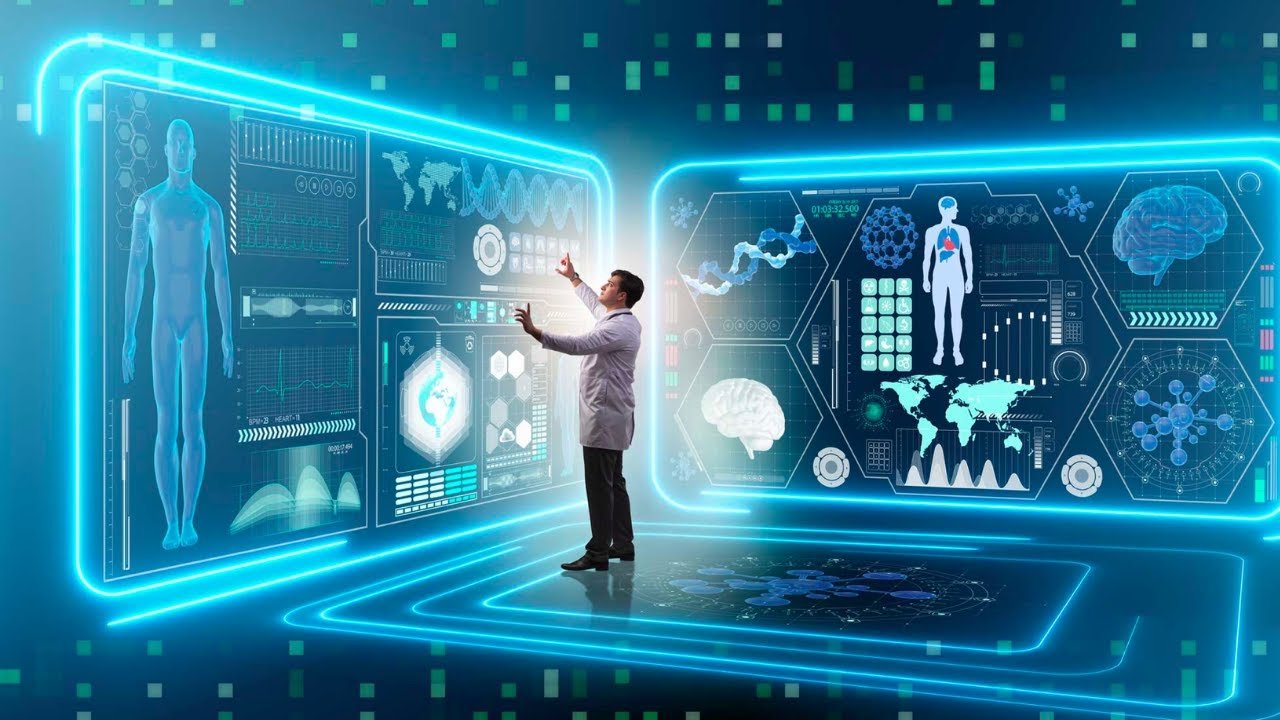
Industry Trends and Innovations
Staying abreast of current industry trends is pivotal for lab technicians navigating the ever-evolving healthcare landscape. This section explores the latest developments, innovations, and emerging practices within the lab technology sphere.
From cutting-edge diagnostic techniques to advancements in research methodologies and laboratory equipment, understanding these trends is vital for professionals seeking to provide optimal contributions to the healthcare sector. By delving into this realm of continuous innovation, Although lab technicians can align their skills with the forefront of industry progress, ensuring relevance and excellence in their roles.
Challenges Faced by Lab Technicians
While rewarding, the role of a lab technician comes with its share of unique challenges. Tight deadlines, a high workload, and the responsibility of handling sensitive samples are everyday stressors. This section delves into the various challenges that lab technicians encounter in their daily work.
By acknowledging and understanding these hurdles, professionals can develop effective coping strategies. From time management techniques to stress reduction methods, navigating these challenges is essential for maintaining a healthy work-life balance and ensuring the highest performance standards.
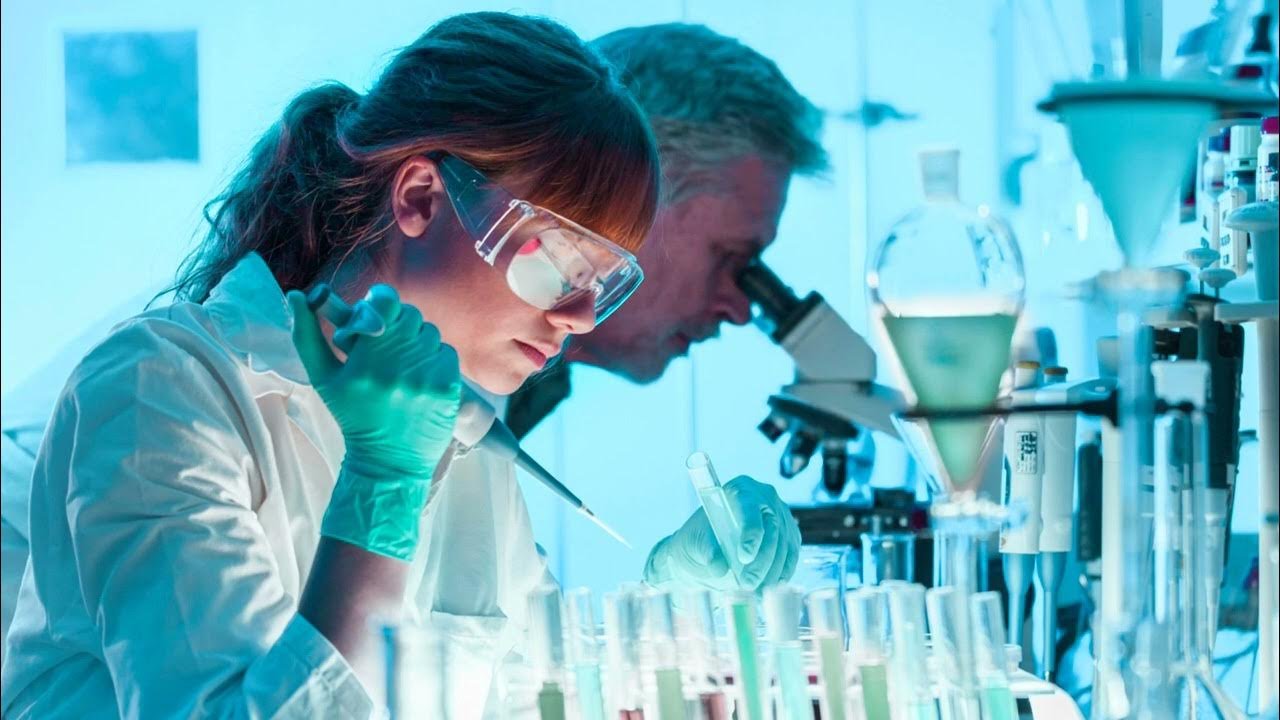
Networking and Professional Associations
Building a robust professional network is instrumental for lab technicians seeking to thrive in their careers. This section explores the significance of networking within the healthcare community and the advantages of joining relevant professional associations.
Lab technicians can forge connections, share knowledge, and stay updated on industry standards through active participation. These networks provide a supportive community and open doors to new career prospects and collaborative opportunities, however fostering continuous growth and development within the dynamic field of lab technology.
Testimonials from Experienced Lab Technicians
Real-life experiences from seasoned lab technicians offer valuable insights into the profession’s nuances. This section features firsthand accounts, sharing challenges, lessons learned, and personal satisfaction from contributing to the healthcare sector. Although, In these firsthand accounts, testimonials transcend narratives, offering a profound window into the intricate tapestry of a lab technician’s daily journey.
Beyond mere reflections, they emerge as wellsprings of inspiration for those aspiring to join the ranks of these professionals. Within the narratives lie not just stories but reservoirs of practical wisdom, inviting individuals to draw from the rich well of experiences that seasoned lab technicians have navigated. Through these unique narratives, one can unravel the layers of the lab technician’s role, gaining insights that transcend textbooks and providing a nuanced understanding of the profession’s intricacies.
The Evolving Role of Lab Technicians in Healthcare
As healthcare undergoes dynamic transformations, so does the role of lab technicians. This section explores how to become a lab technicians are the integral contributors to comprehensive patient care. The integration of technology, collaborative efforts with other healthcare professionals, and the adoption of interdisciplinary approaches are reshaping their responsibilities.
Lab technicians are at the forefront of healthcare evolution, from working in traditional laboratory settings to actively participating in patient-centric strategies. however, his exploration sheds light on the multifaceted and evolving nature of their contributions within the broader healthcare landscape.
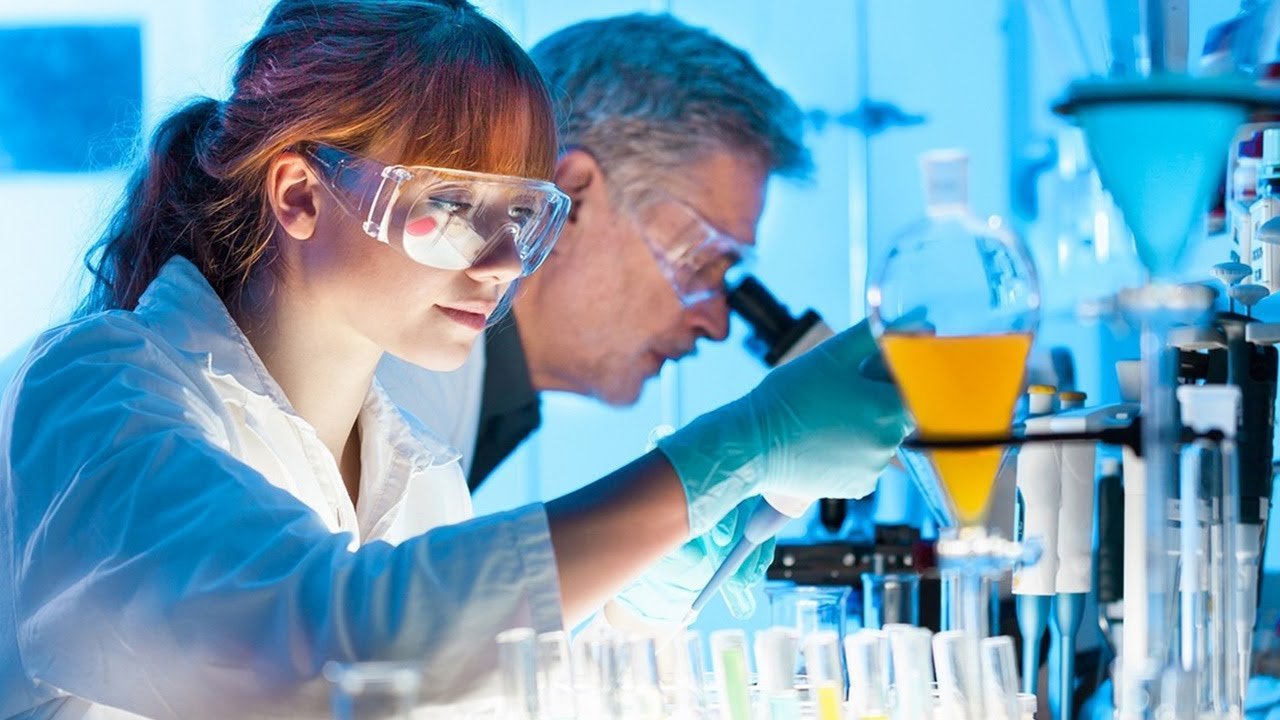
Importance of Compliance and Ethics
Within the intricate realm of laboratory technology, lab technicians adeptly navigate a meticulously crafted framework of stringent regulations and ethical guidelines, a crucial aspect when considering how to become a Lab Technician Career Guide. This segment purposefully explores the pivotal nexus of compliance and ethics, delving into their profound impact on the very essence of lab technicians’ work.
As guardians of precision, these professionals passionately adhere to quality assurance standards, recognizing their indispensable role in securing the accuracy and reliability of test results. It’s a conscientious commitment to these standards that not only upholds the integrity of their work but also fosters unwavering trust in the outcomes they deliver within the intricate tapestry of healthcare diagnostics.
By upholding ethical principles in sample handling, data interpretation, and maintaining patient confidentiality, the Lab Technician Career Guide builds trust in the profession. Navigating these ethical considerations, lab technicians contribute to the credibility and accountability essential for sustaining the highest standards in healthcare diagnostics and mastering how to become a Lab Technician Career Guide.
Tips for Success in the Lab Technician Field
Success in the dynamic field of lab technology requires a proactive and strategic approach. This section offers practical insights and tips for aspiring and practicing lab technicians. Emphasizing the importance of continuous learning, staying updated on the latest technologies, and engaging in professional development, these tips guide individuals toward long-term success.
Networking, participating in mentorship programs, and seeking opportunities for skill enhancement are advocated for fostering a thriving career in the ever-evolving landscape of laboratory technology.
Conclusion
In wrapping up, the path to becoming a lab technician is a dynamic blend of academic pursuits, hands-on experience, and a commitment to lifelong learning. These professionals are crucial in the healthcare industry, wielding the power to enhance diagnostic precision and elevate patient outcomes.
Success in this field hinges on an openness to technological progress, a keen awareness of industry shifts, and an unwavering dedication to ethical practice. Traversing the dynamic terrain of lab technology isn’t merely about technical mastery; it’s a journey that beckons a holistic perspective. .


